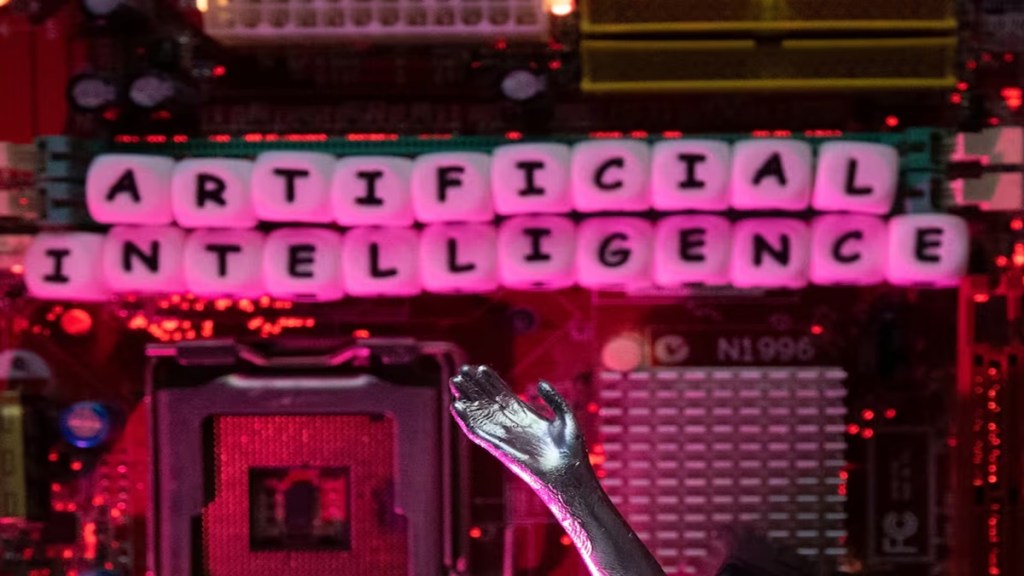SAS is creating industry-specific AI and analytics solutions to meet the unique needs of different sectors. For example, it is helping both central and state governments drive public welfare and social benefit initiatives, improve revenues and tax compliance and get visibility into the progress of key programmes that impact millions of people, according to Noshin Kagalwalla, VP & MD, SAS India. Similarly, in banking, insurance, healthcare, retail, manufacturing and energy sectors, it is looking at ways to create tailored solutions to industry challenges. In this interview, he speaks to FE on how the Cary, North Carolina-based firm is advancing its commitment to AI. Excerpts:
How has SAS evolved its AI capabilities?
SAS’ second billion-dollar investment over the past four years underscores our commitment to driving innovation and addressing evolving customer needs through AI. This strategic move enhances our capabilities and expands our footprint in critical markets, including India, by developing advanced AI-powered, cloud-first solutions that can be rapidly deployed across industries.
Our investment accelerates innovation through SAS Viya, enabling faster updates, more robust features, and a seamless integration of AI and analytics. We’re also creating industry-specific AI models, used by Georgia-Pacific (one of the world’s leading makers of tissue, pulp, packaging and building products), to optimise operations.
Additionally, new tools like SAS Data Maker and Viya Workbench empower customers to manage and analyse data more effectively, leading to improved decision-making with AI-driven insights. Furthermore, SAS Viya Copilot an AI-powered personal assistant is designed to enhance productivity for developers, data scientists, and business users by automating tasks like code generation, data cleaning and marketing planning.
What factors are driving SAS’ growth in the Indian market?
For over 25 years, we have collaborated with diverse sectors, aiding organisations in banking, insurance to mitigate risks, combat fraud and enhance customer experiences—examples include Axis Bank, Federal Bank and SBI General Insurance. We are partnering with both state and central government entities to tackle tax fraud and offer better citizen services. We are also actively assisting organisations such as Tata AIA in achieving regulatory compliance, notably with initiatives like IFRS 17.
We have doubled down on our partner strategy to drive growth, enable innovation and empower customers. In healthcare and life sciences, we support endeavours to ensure product quality and expedite the development of new therapies. Our AI and ML capabilities also enable manufacturers and energy firms to forecast demand accurately.
What makes your approach toward GenAI different from other players?
At SAS, we aim to deliver trustworthy GenAI, that is to help our clients ethically and responsibly unlock the potential of AI with a trusted, end-to-end approach across the AI life cycle. The SAS Data Ethics Practice (DEP) is a cross-functional team that guides a globally coordinated effort to help deploy data-driven systems that promote human well-being, agency and equity. Our approach involves understanding the challenges and requirements of each industry, investing in creating tailored AI and analytics solutions, building strong partnerships, and actively supporting initiatives to drive growth.
What are some common challenges that businesses face when it comes to implementing GenAI?
Businesses are moving from mere experimentation to embedding GenAI as a core element of their operations, such as using simulated data in banking for stress testing and scenario analysis, and in manufacturing to improve production quality and reliability. The success of AI initiatives is often hindered by several critical barriers, including limited access to quality data, which is crucial for building effective models, and a shortage of in-house talent required for AI development, maintenance, and governance.
How is SAS addressing the changing trends in fraud detection?
At SAS, we combine our rich legacy of analytics with embedded machine learning methods in our platform to detect and adapt to changing behaviour patterns. Our end-to-end fraud detection solution supports multiple channels and enables enterprise-wide monitoring from a single platform. As an example, in financial transactions when fraudulent behaviour is detected, alerts are scored and prioritised enabling immediate customer self-service, or fast review and assessment reducing the chances of wrongly declined transactions that would lead to customer inconvenience.
SAS’ adaptive, AI-driven solutions ensure organisations stay ahead of evolving fraud tactics, delivering both robust security and a seamless customer experience.









